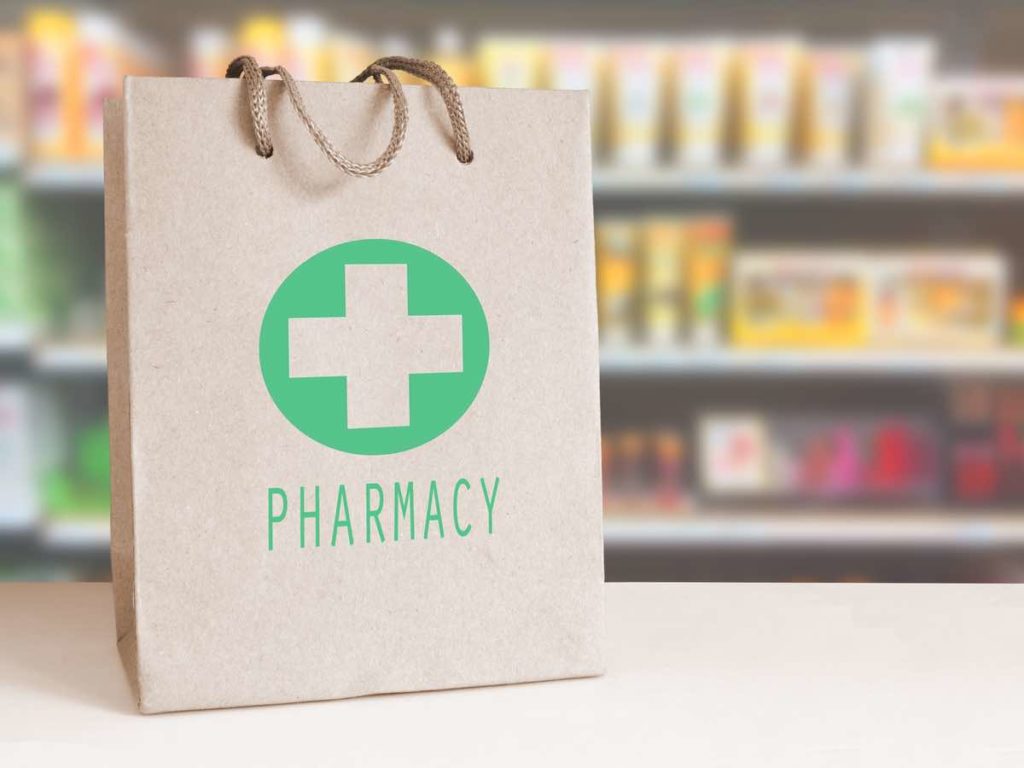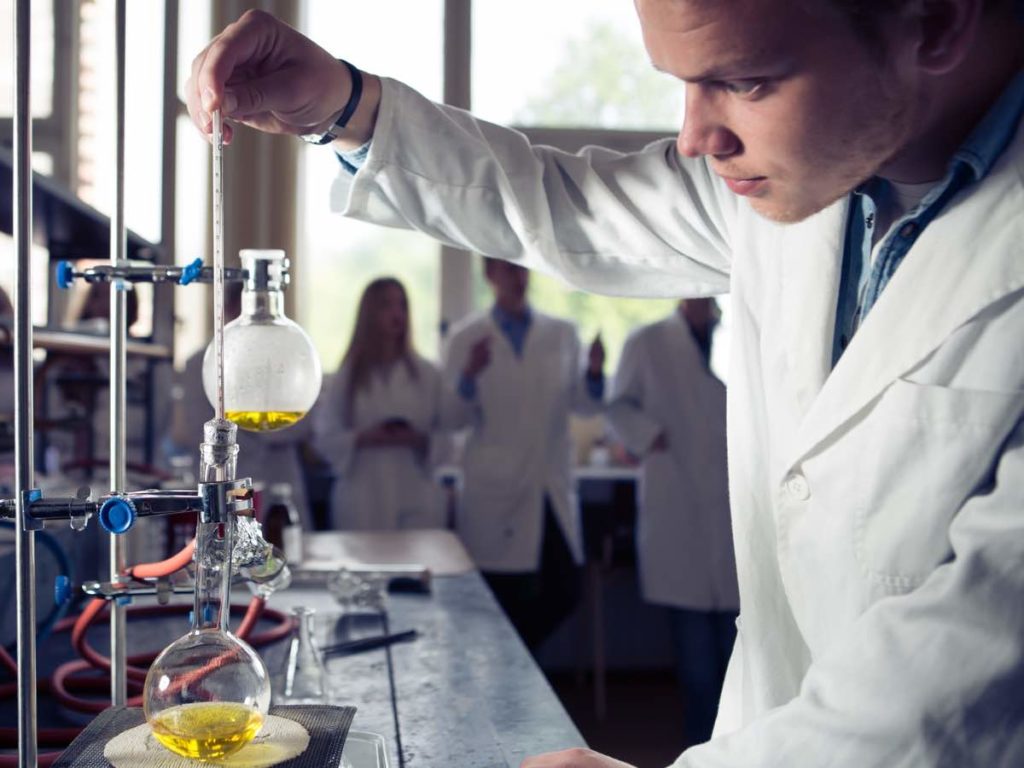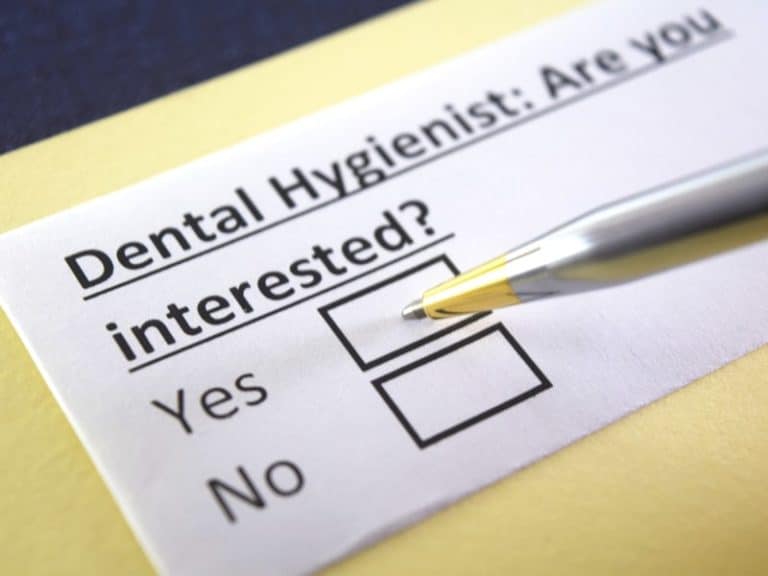Is a BS Pharm the Key to Your Success?
There is a sure pathway toward a career in various areas of the pharmaceutical industry.
It’s none other than a pharmacy degree.
You have a couple of options, depending on your professional goal:
- A bachelor of science in pharmacy (BS Pharm or B Pharm)
- A doctor of pharmacy (PharmD)
We’ll mostly talk about a bachelor’s degree in pharmacy since this degree is usually the first step toward a PharmD, which can open doors to even more job opportunities that pay higher.
Along the way, I will also discuss some things about PharmD as necessary for comparison purposes.
A BS Pharm is a fantastic degree for students interested in working as pharmaceutical laboratory researchers and community pharmacy technicians or assistants.
The degree can also be valuable for medical product development, sales, and writing.
The average salary for pharmacy majors can vary, depending on industry, location, and experience — ranging from $84,304 (medical sales representatives) to $120,751 (pharmaceutical scientists) per year.

A Closer Look at a BS in Pharmacy
Similar to most other bachelor’s degrees, a BS Pharm takes around four years to complete.
The curriculum focuses on foundational sciences, including:
- Anatomy
- Biology
- Chemistry
Unlike other medical degrees, a bachelor’s in pharmacy does not involve clinical exposure and patient care training, although laboratory work and internships are critical components of the learning experience.
Through such, students can apply theoretical knowledge learned in the classroom in real-world settings.
Here’s a Hard Pill to Swallow: A BS Pharm is Challenging
Students not genuinely interested in the sciences may want to stay away from a pharmacy degree because pharmaceutical science is hard.
An undergraduate degree in pharmacy involves a lot of math and chemistry, which is perfectly understandable since it’s a preparation for laboratory and technical professions in pharmaceuticals.
A sharp memory also counts, given that there are tons of drug names, ingredients, and formulas to memorize.
Pharmacy majors are some of the most sleep-deprived college students in America.
According to a sleep survey, they get an average of 6.21 hours of sleep per night.
That’s roughly 1.50 hours more than architecture majors (the most sleep-deprived of all undergraduates in the country) and around 1.20 hours less than microbiology majors (the last ones on the list).
It’s not uncommon for B Pharm students to pull an all-nighter before an examination.
Many students enroll in an undergraduate program in pharmacy as a stepping stone toward their ultimate career goals, which usually require them to go to pharmacy, medical, or dental schools beforehand.
BS Pharm Schools: The Best Options and Average Cost
Are you thinking about entering the workforce or attending graduate school after?
Either way, consider going to college with a top-notch bachelor’s degree program in pharmacy.
It’s vital to equip yourself with the most solid foundational knowledge in the discipline and the most relevant skill set that will enable you to apply what you learn inside the classroom outside of it.

Based on a US News list, the following are the top 15 schools with a pharmacy major:
| Institution | Location |
|---|---|
| University of Michigan – Ann Arbor | Ann Arbor, MI |
| University of Texas at Austin | Austin, TX |
| University of California, Irvine | Irvine, CA |
| University of Wisconsin – Madison | Madison, WI |
| Ohio State University | Columbus, OH |
| Purdue University | West Lafayette, IN |
| University of Georgia | Athens, GA |
| Northeastern University | Boston, MA |
| University of Connecticut | Storrs, CT |
| University of Pittsburgh | Pittsburgh, PA |
| University at Buffalo – SUNY | Buffalo, NY |
| Temple University | Philadelphia, PA |
| Auburn University | Auburn, AL |
| Illinois Institute of Technology | Chicago, IL |
| Saint Louis University | St. Louis, MO |
Refrain from attending a college just because it has a top-notch BS Pharm program.
It’s a must to also consider other factors like location, campus culture, career services, and cost of attendance.
Speaking of which, Data USA says that the average tuition of a bachelor’s degree in pharmacy ranges from $34,664 per year (out-of-state) — that’s around 28% higher than the average for all public four-year institutions in the land.
Meanwhile, the average tuition for a PharmD degree is more than $62,000 per year.
But the cost of earning a doctor of pharmacy doesn’t stop there because, to work as a pharmacist, you also have to sit for one or both of the following licensure exams:
| Exam | Cost |
|---|---|
| North American Pharmacist Licensure Examination (NAPLEX) | $620 |
| Multistate Pharmacy Jurisprudence Examination (MPJE) | $270 |

What You Can Do With a BS Pharm
Before anything else, let’s get one thing clear.
Earning a bachelor’s degree in pharmacy won’t make you eligible to work as a pharmacist.
Being a BS Pharm degree holder is different from being a PharmD degree holder — the latter is a doctoral degree, which technically makes anyone who has it a doctor.
It’s different for someone with an undergraduate degree in pharmacy.
Career Options and Average Salaries
A BS Pharm lets you apply for various entry-level jobs in the pharmacy industry, such as a researcher, laboratory coordinator, pharmacy technician, sales representative, medical writer, etc.
It also gives you the opportunity to attend a pharmacy school to work on a PharmD.
Here are some of the jobs you can go for as a B Pharm holder and their respective average salaries so you can decide if pharmacy is a good career for you:
| Job Title | Average Annual Salary |
|---|---|
| Pharmaceutical sales representative | $124,260 |
| Pharmaceutical scientist | $120,751 |
| Pharmacy informaticist | $119,358 |
| Toxicologist | $114,934 |
| Pharmaceutical marketing manager | $101,331 |
| Regulatory affairs associate | $91,861 |
| Clinical technical writer | $88,858 |
| Drug safety specialist | $87,585 |
| Medical sales representatives | $84,304 |
| Clinical research associate | $77,805 |
| Pharmacy benefits manager | $64,073 |
| Clinical trial assistant | $60,151 |
| Clinical research coordinator | $59,434 |
| Pharmaceutical manufacturing technician | $51,711 |
| Quality control technician | $50,925 |
| Laboratory technician | $50,198 |
| Pharmacy technician | $44,718 |
| Patient services coordinator | $43,059 |
Source: Glassdoor

A Stepping Stone to a Doctorate in Pharmacy
If would like to become a pharmacist, attend a pharmacy school to earn a PharmD.
Having the said degree allows you to dispense medications in various settings:
- Retail
- Clinics
- Hospitals
- Ambulatory facilities
- Residential care facilities
The average annual salary of pharmacists in the United States is $132,750 per year, and those working in California are some of the highest paid in the land, receiving around $151,280 per year.
Approximately 42% of those with a PharmD work at pharmacies and drug retail stores.
On the other hand, around 27% work in state, local, and private hospitals.
Completing a PharmD program on top of a bachelor’s in pharmacy isn’t enough, though — to be able to work legally as a pharmacist in the country, you must pass the NAPLEX.
Sitting for the MPJE is also required by 47 states and the District of Columbia.
US News says that the top 10 schools for those who are looking to have a pharmacy career are:
| Institution | Location |
|---|---|
| University of North Carolina – Chapel Hill | Chapel Hill, NC |
| University of California – San Francisco | San Francisco, CA |
| University of Michigan – Ann Arbor | Ann Arbor, MI |
| University of Minnesota | Minneapolis, MN |
| University of Florida | Gainesville, FL |
| University of Kentucky | Lexington, KY |
| Ohio State University | Columbus, OH |
| Purdue University | West Lafayette, IN |
| University of Illinois – Chicago | Chicago, IL |
| University of Texas at Austin | Austin, TX |
Read Next: All You Need to Know About Nursing Degrees
Disclaimer: The views and opinions expressed in this article are those of the authors and do not necessarily represent those of the College Reality Check.





